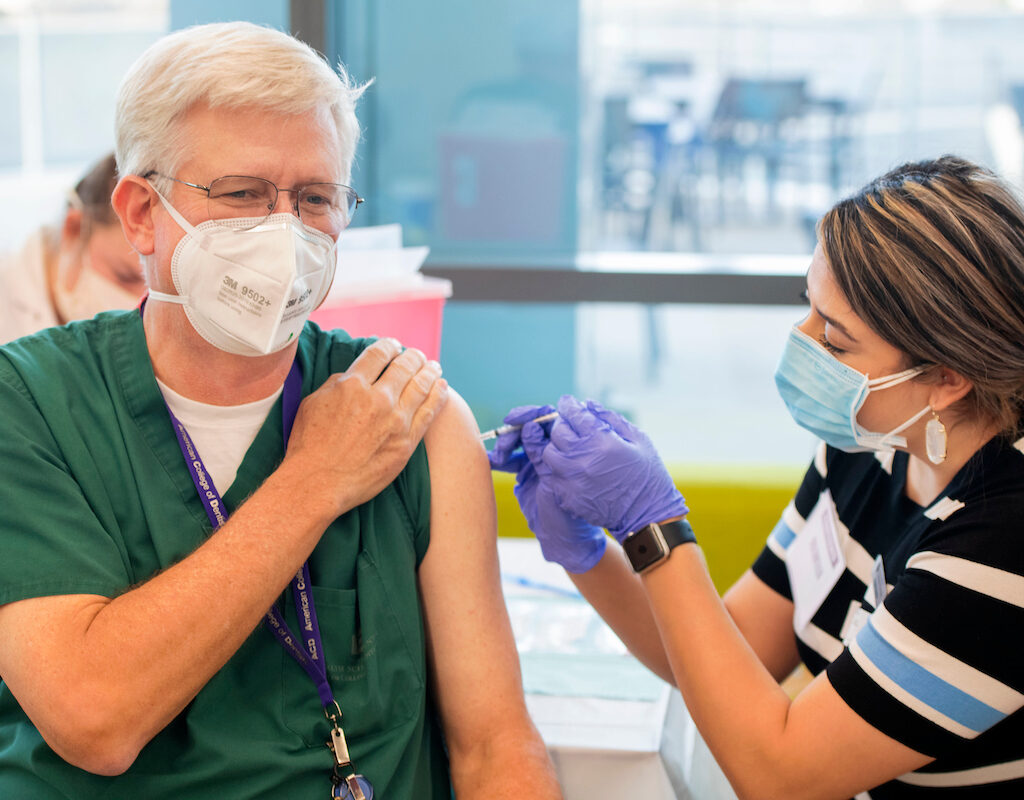Agrilife Extension Resources
We have a variety of resources on topics related to aging and caregiving for the elderly. Curated for all Texans, whether adult children, aging parents and current and former members of the military, our science-backed resources will help aging Texans remain active and vibrant parts of their community.
Related Departments: Nutrition

- Course
To grow and excel as an early childhood professional, you must reflect on your teaching practices and child observation to make changes and adjustments to your teaching approach. Intentional early childhood professionals engage in reflective practices and create a professional development plan that builds upon their strengths and enhances their teaching.
After completing this 4-hour course, the learner will be able to describe what an intentional early childhood professional is, explain what reflective practices are and how to implement this information effectively to improve their teaching, explain why being intentional and reflective promotes the development and learning in the children they are teaching, and create a professional development plan based upon their strengthens. - Course
Intentionality is one of the hallmarks of a high-quality learning program. This involves not only using a curriculum that aligns with child development and guidelines, but also ensuring instruction is targeted to the needs of each child in your classroom.
This 4-hour course for early learning educators discusses how to use the cycle of curriculum learning to plan whole group, small group, and individual level to appropriately meet the needs of all learners. - Course
Maintaining the health of young children – and setting them up with lifelong healthy habits – are critical elements of a quality early childhood program. This course will review some of the key practices early childhood educators can use to implement farm-to-table strategies in early care and education settings. It is aligned with the guidelines of the Texas Healthy Building Blocks recognition program.
- Course
Abusive head trauma is the leading cause of death in cases of child abuse in the United States. This 2-hour course will help you better understand the dangers of abusive head trauma and how to take steps to protect the children in your care from this type of abuse.
- Course
Infants’ experiences early in life literally influence the physical structures of the brain, opening the way for patterns of thought and behavior for the rest of a child’s life. This 1-hour course addresses critical topics related to caring for the youngest and most vulnerable population of children, infants and toddlers.
- Course
Providing a broad overview of 4 main areas of child growth and development, this course offers practical tips on supporting children’s development. Key findings from brain research and its relevance to the care of young children is briefly explored, as well as the principles of Developmentally Appropriate Practice (DAP).
- Course
Early childhood educators strive to establish warm and secure relationships with children in their care. Unfold strategies for building strong relationships with families while supporting social and emotional development. Recognize the importance of responsive interactions, positive guidance, exploration, and play.
- Course
Infants and toddlers engage in challenging behaviors as a way of communicating that they have unmet needs. Enroll in this online course to learn how to recognize, understand, and develop responses to these types of behavior as well as working with a team to fully assess and address challenging infant and toddler behavior.
- Course
Guidance and discipline issues are two of the most challenging aspects of any early childhood teacher’s work. Explore what contributes to problem behaviors and how to work with children to promote positive behaviors. Examine the effects of the classroom environment on children’s behaviors.
- Course
One of the most challenging aspects of child care is deciding upon a style of discipline that is appropriate, effective, and in the best interest of each child. Students will learn about the strengths and weaknesses of various disciplinary styles and explore strategies for setting and enforcing healthy limits.